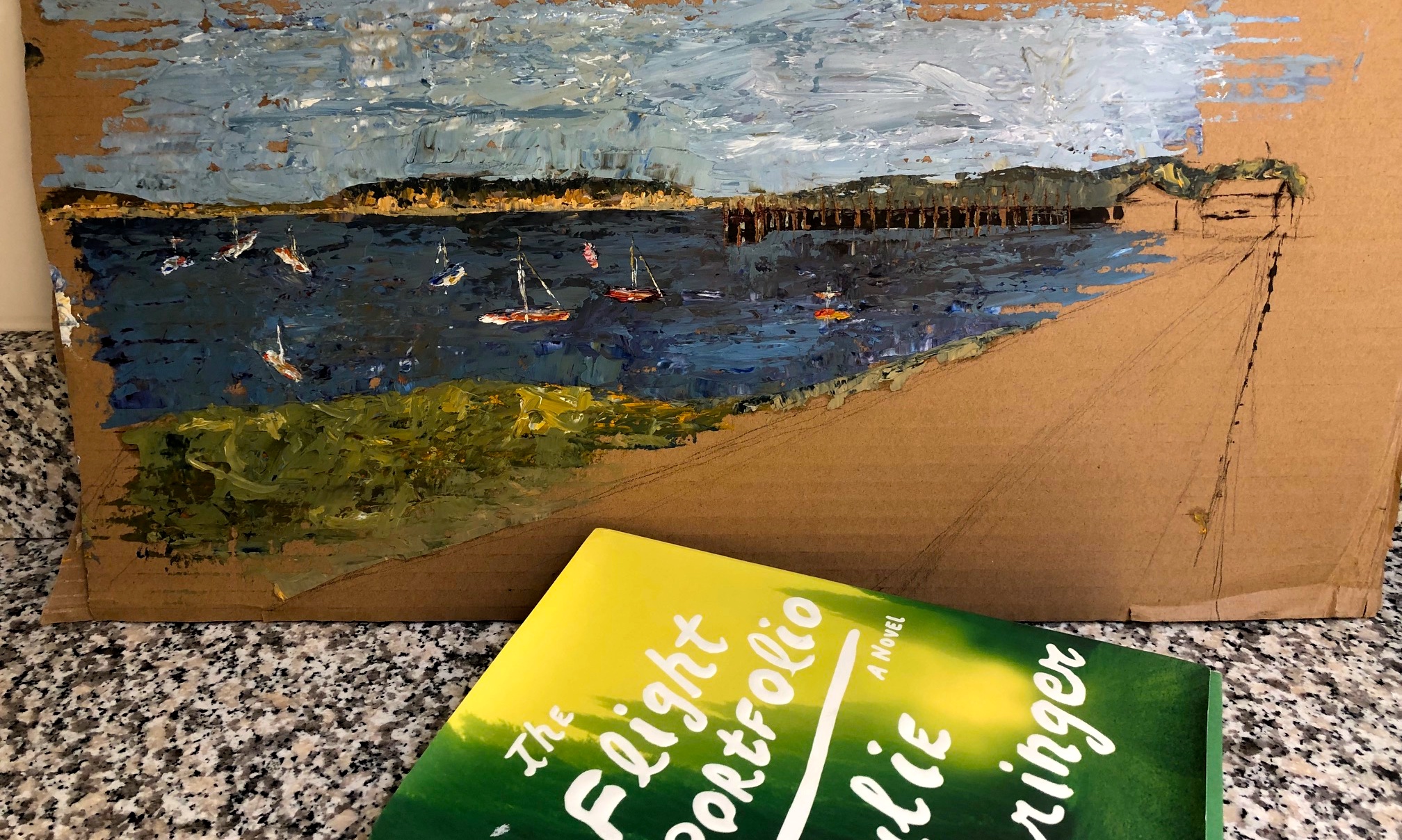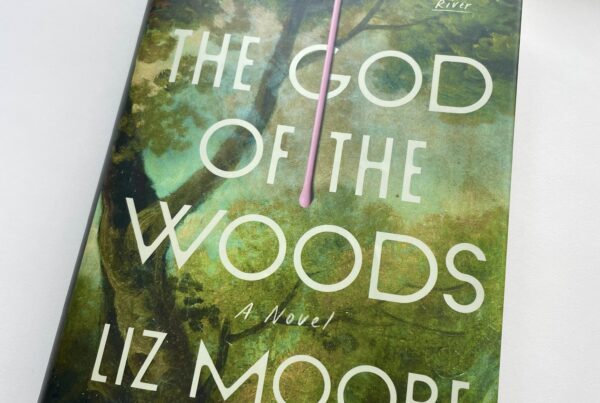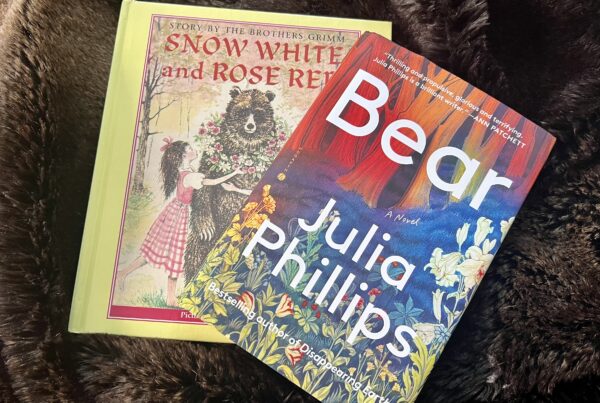If you’re looking for a meaty work of historical fiction that combines a love story with suspenseful historical background, this book, like Madame Fourcade’s Secret War by Lynne Olsen, is for you. Reading Julie Orringer’s The Flight Portfolio along with Madame Fourcade gave me quite a vivid picture of the heroic action in Vichy France during World War II.
The book tells a fictionalized story based on Varian Fry’s actual work during World War II in Vichy France, as he tries to save artists such as Marc Chagall, writers such as Hannah Arendt, and surrealists like Henri Breton. As head of The Emergency Rescue Committee, he succeeds in secreting numerous artists and writers – most of them Jews – out of southern France under the noses of German authorities. Fry’s agency was constantly under surveillance and at risk of being shut down.
To his dangerous mission based on historical record, Orringer adds the fictionalized story of Fry’s tortured relationship with Elliott Grant, a lover from their undergraduate days at Harvard, whom he meets again in this perilous environment. She limns the story of Fry’s fraught sexuality, as he is married to a woman he loves but consumed with passion for Grant, who has been passing for white all his life. Amidst these hefty topics, Orringer leavens the action by including a humorous episode in which the surrealists stage a nude dinner party to humiliate the boss sent to replace Fry that is worth the whole book!
Ultimately, The Flight Portfolio raises some key questions deriving from Fry’s mission: If a choice must be made, who gets to be saved and who sacrificed? Are artists and writers more worthy of rescue than ordinary people? Should Fry save a great artist like Chagall or an ordinary person with whom he has a personal relationship? These questions haunt Fry as he struggles daily to decide who to rescue and who must be left to die at the hands of the Nazis. Occasionally, I wished for a bit of judicious pruning and a clearer sense of the supporting actors who worked with Fry or benefitted from his mission, but overall the ingredients in Orringer’s narrative are so compelling and inherently dramatic that I turned the pages eagerly.




